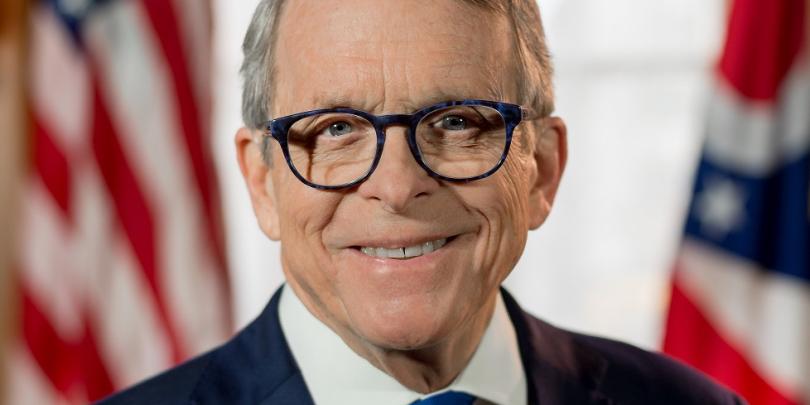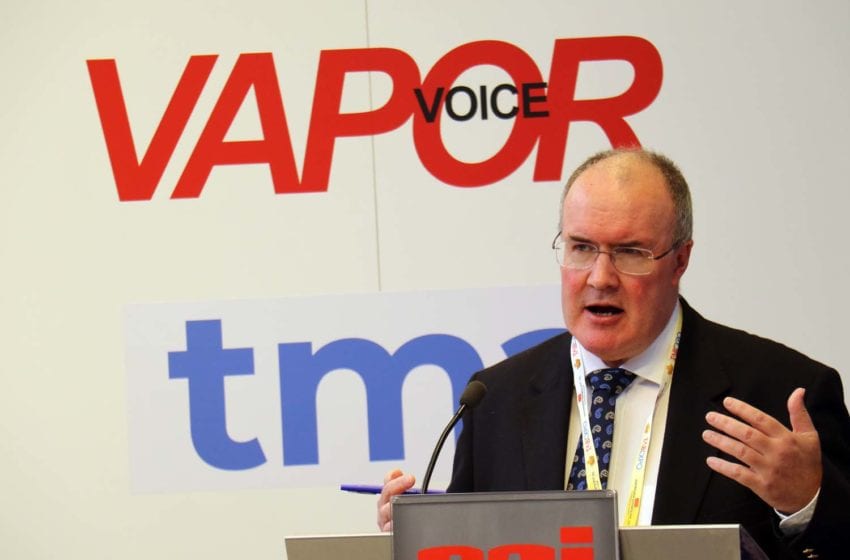
New data from Philip Morris Limited (PML) shows that retailers should stay stocked up on the latest technology advancements in next-generation nicotine products to keep ahead of growing consumer demand.
Kate O’Dowd, head of commercial planning UK & Ireland at PML, said that data shows that store owner competition in the heat-not-burn category is shifting the landscape, by challenging the dominance of traditional categories (such as e-cigarettes) and accelerating the pace of change.
“The race to switch adult smokers to alternative products between convenience retailers and large multiples, and the speed with which manufacturers and their brands are developing and commercializing the most innovative products to meet growing demand show everyone is feeling the heat,” she said. “For instance, if we look at heat-not-burn – a relative newcomer to the U.K. market – we see a category growing at over twice the speed of the e-cigarette category, which launched at least a decade earlier.”
O’Dowd cited data from PML’s first quarter results that found that the firm’s HEETS tobacco sticks accounted for more than 6 percent of the market share of the total industry sales volume for heated tobacco units.
PML also recently commissioned a survey, which included more than 1400 convenience retailers, to find whether retailers would forego competing with other stores if it meant they could help their community to make the swap to smoke-free options.
More than two-thirds of the respondents to the survey said they would look beyond competition with other stores to work together to help their community to go smoke-free.
Aiming to push this potential of the heat-not-burn subcategory further, PML recently rolled out its new IQOS Originals Duo heat-not-burn product, an advancement to its previous IQOS 3 Duo, the comapny said. The new device comes in a kit with a compact, lightweight holder and two packs of HEETS at an RRP of £39.



















